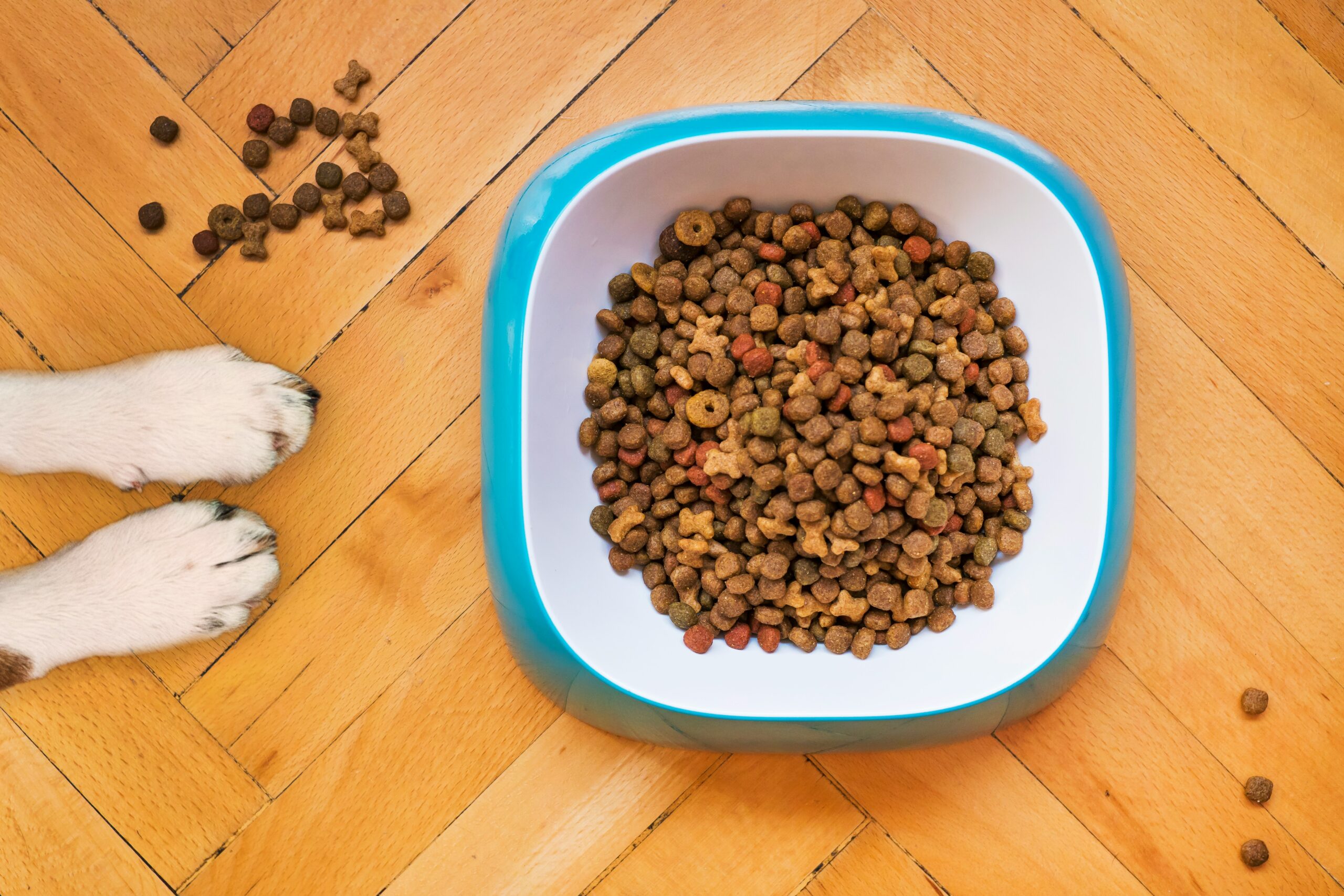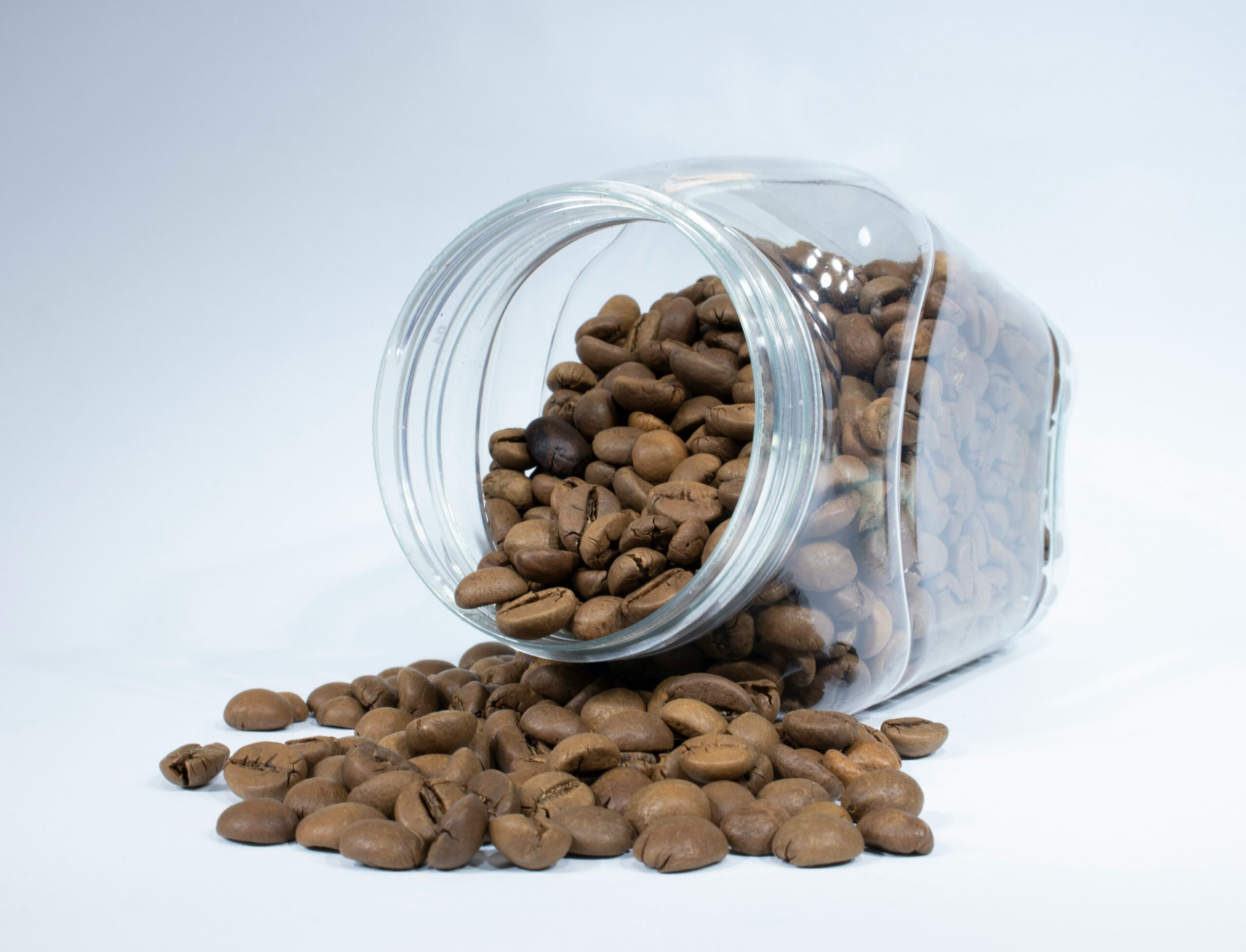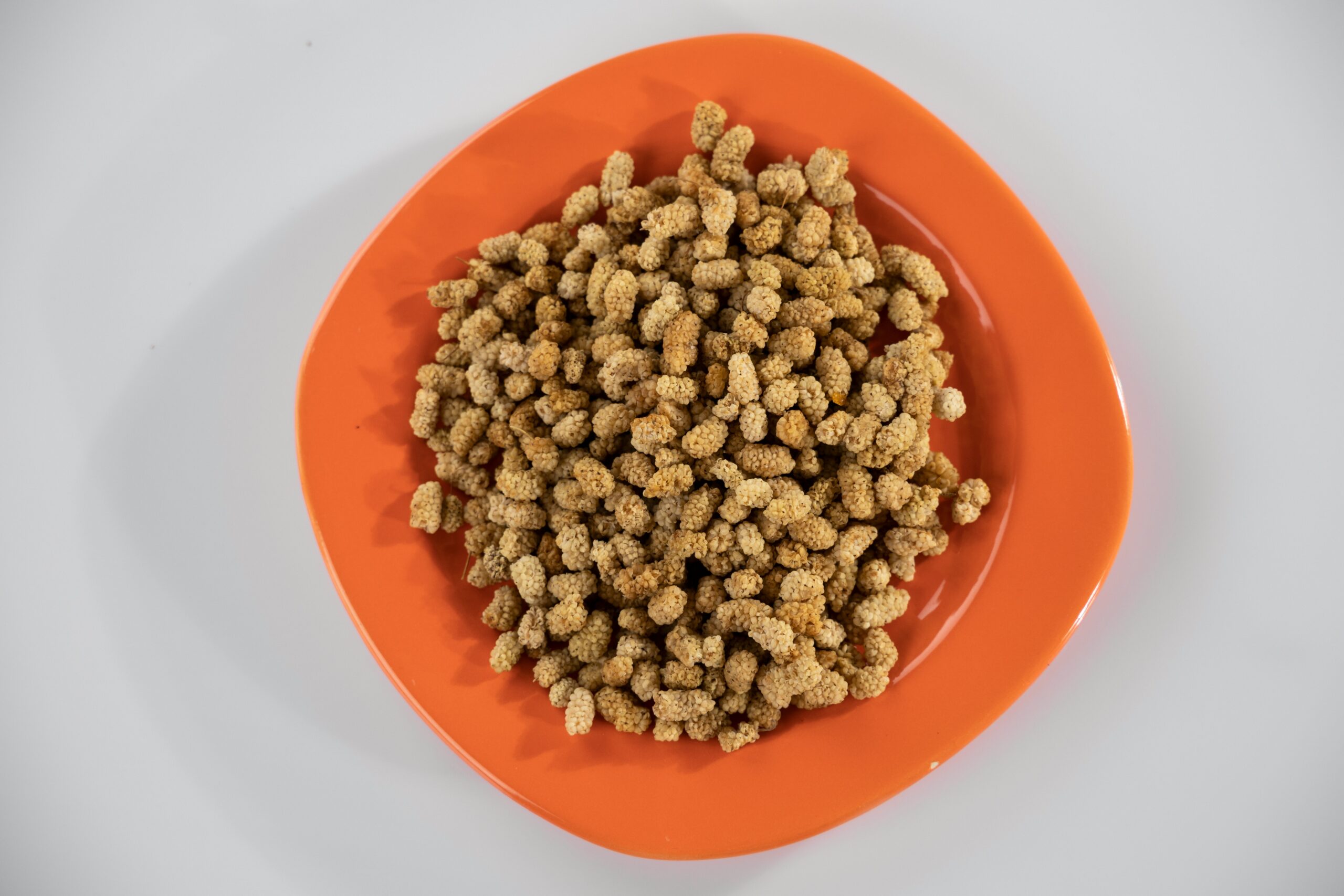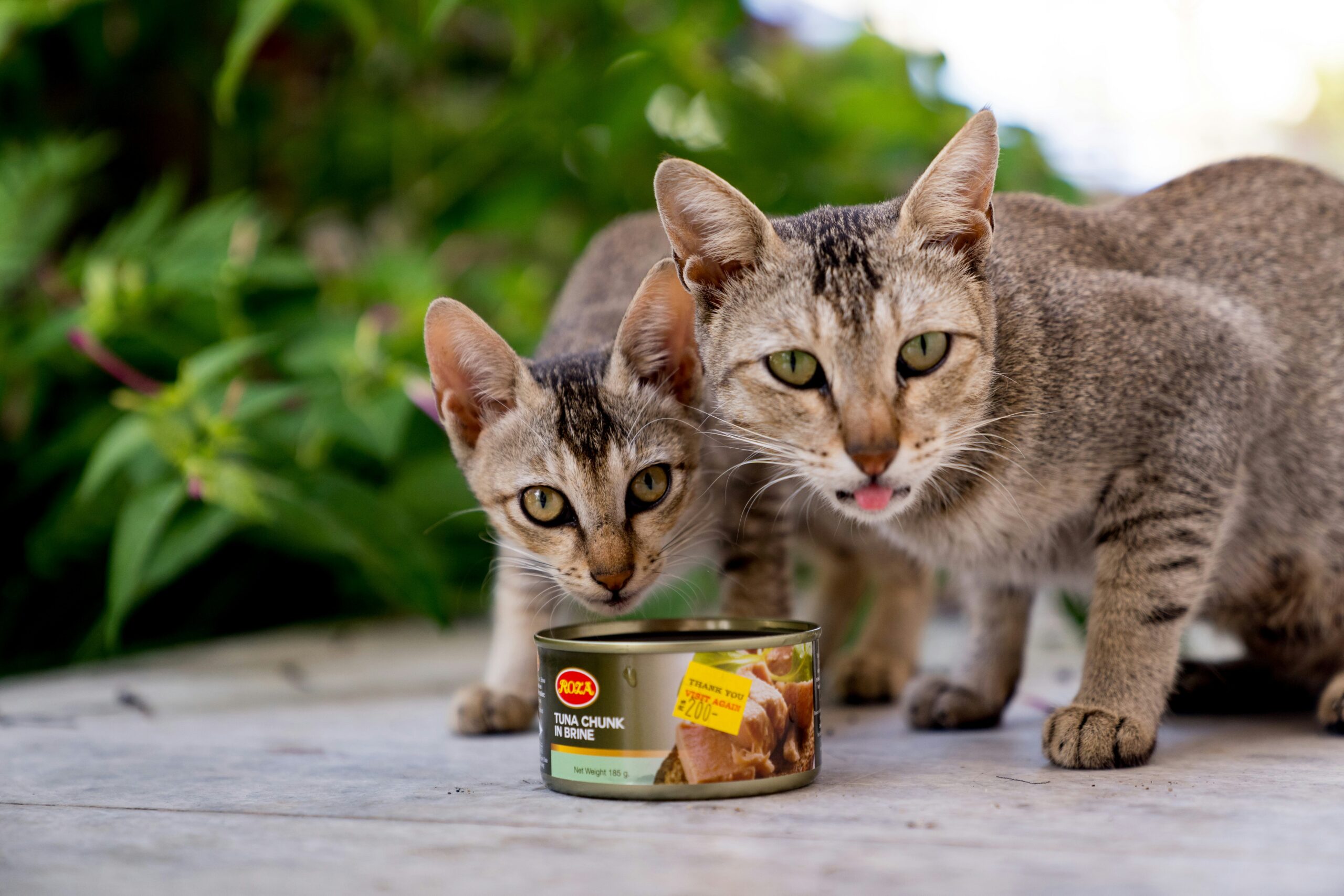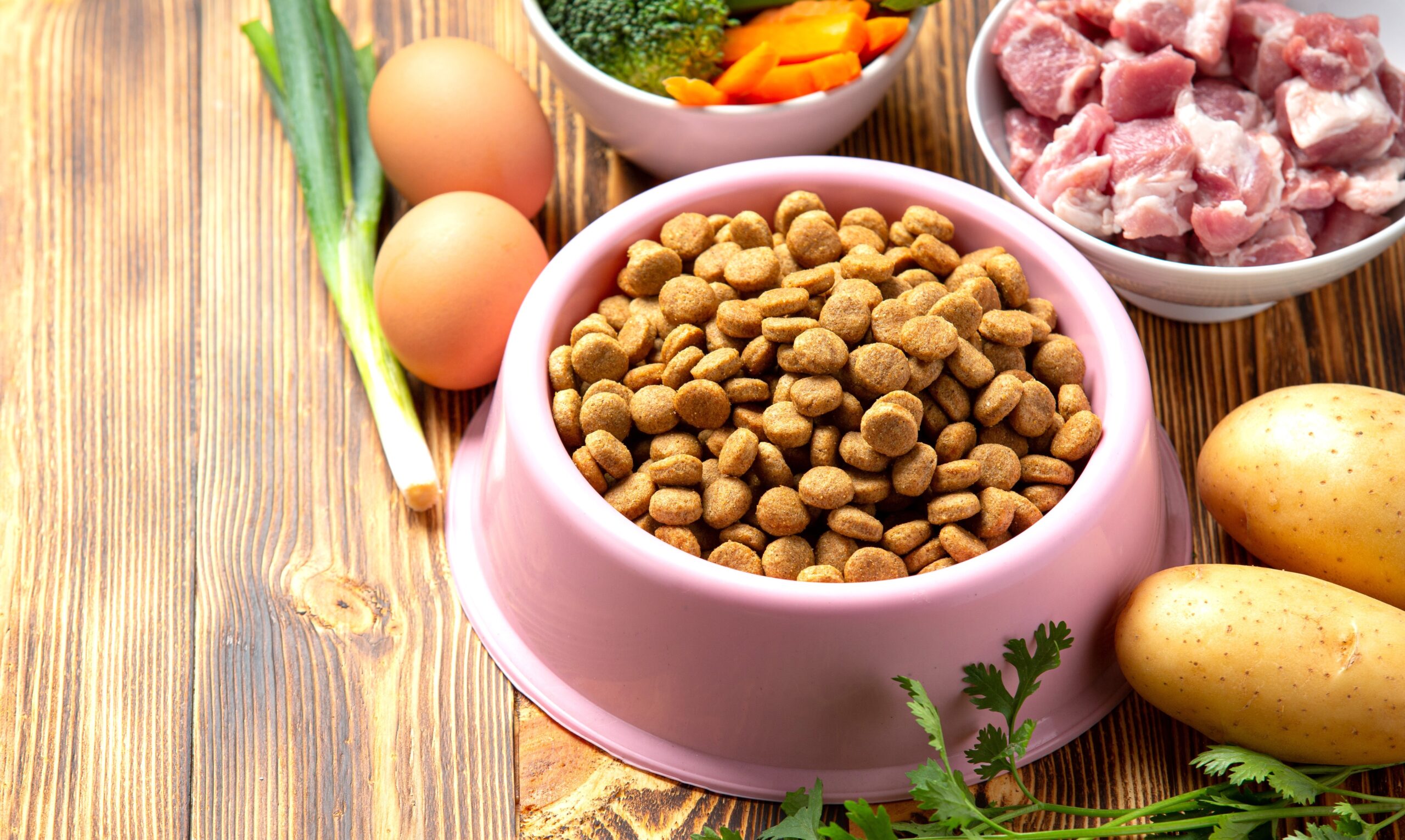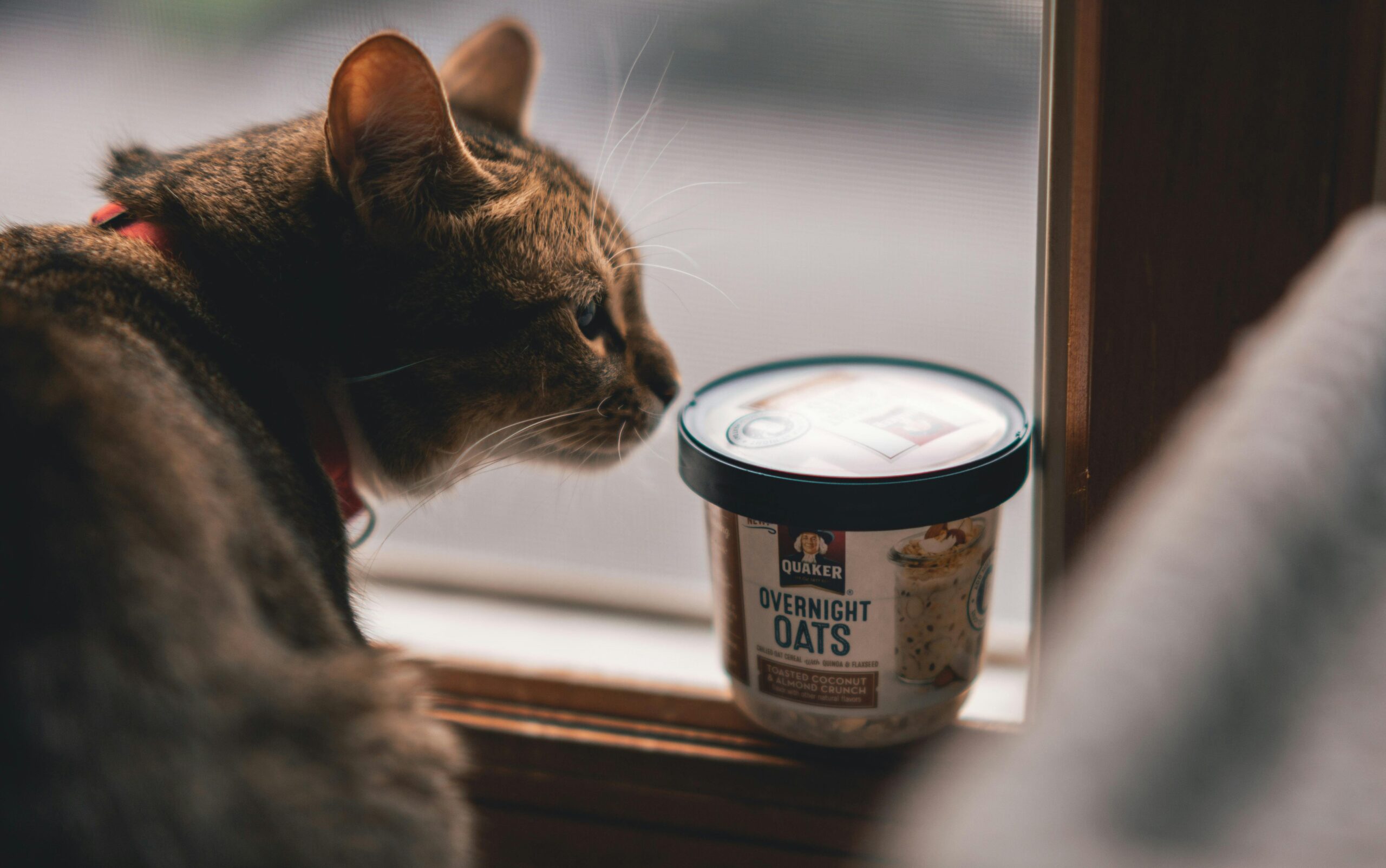Bringing the best Dry Dog Food for Puppies into your home is an exciting time, filled with boundless energy, wagging tails, and endless cuddles. Amidst all the joy, one of the most crucial decisions you’ll make is what to feed your growing companion. Proper nutrition during puppyhood is paramount, laying the foundation for a healthy, happy, and long life. While there’s a vast array of options, dry dog food, or kibble, remains a popular choice for its convenience, affordability, and ability to provide a complete and balanced diet.
But with so many brands and formulas on the market, how do you choose the “best” dry dog food for your puppy? This comprehensive guide will equip you with the knowledge to make an informed decision, ensuring your furry friend receives all the necessary nutrients to thrive.
100g/500g(3.53oz/1.1LB )Chicken For Dogs, Chicken Dog Treats For Small Dogs, Medium Pets And Large Breeds, Natural Dog Treats
$0.99
$23.9395% off
By On AliExpress
Why Puppy-Specific Food Matters
It might be tempting to feed your puppy the same food as an adult dog, especially if you have other canines in your household. Puppies require a significantly different diet compared to adult dogs due to their unique nutritional needs. Their bodies are undergoing rapid growth and development, demanding higher levels of certain nutrients.
Here’s why puppy-specific dry food is essential:
Higher Protein Content:
Puppies need more protein to build strong muscles, tissues, and organs. Look for foods with a high percentage of animal-based protein as the first ingredient.
Increased Calorie Density:
Their boundless energy and rapid growth require a lot of fuel. Food made for puppies usually contains more calories than adult dog recipes
Specific Calcium and Phosphorus Ratios:
Proper bone development is critical in puppies. Puppy diets are designed with a balanced calcium and phosphorus level to promote proper bone development and reduce the risk of joint problems, particularly in large or giant breeds.
DHA for Brain and Vision Development:
Docosahexaenoic acid (DHA), an omega-3 fatty acid found in fish oil, is crucial for cognitive and vision development in growing puppies.
Digestibility:
Puppy digestive systems are still maturing. Puppy foods often contain highly digestible ingredients, as well as prebiotics and probiotics, to support gut health.
Smaller Kibble Size:
Puppy kibble is typically smaller and easier for tiny puppy mouths to chew and digest.
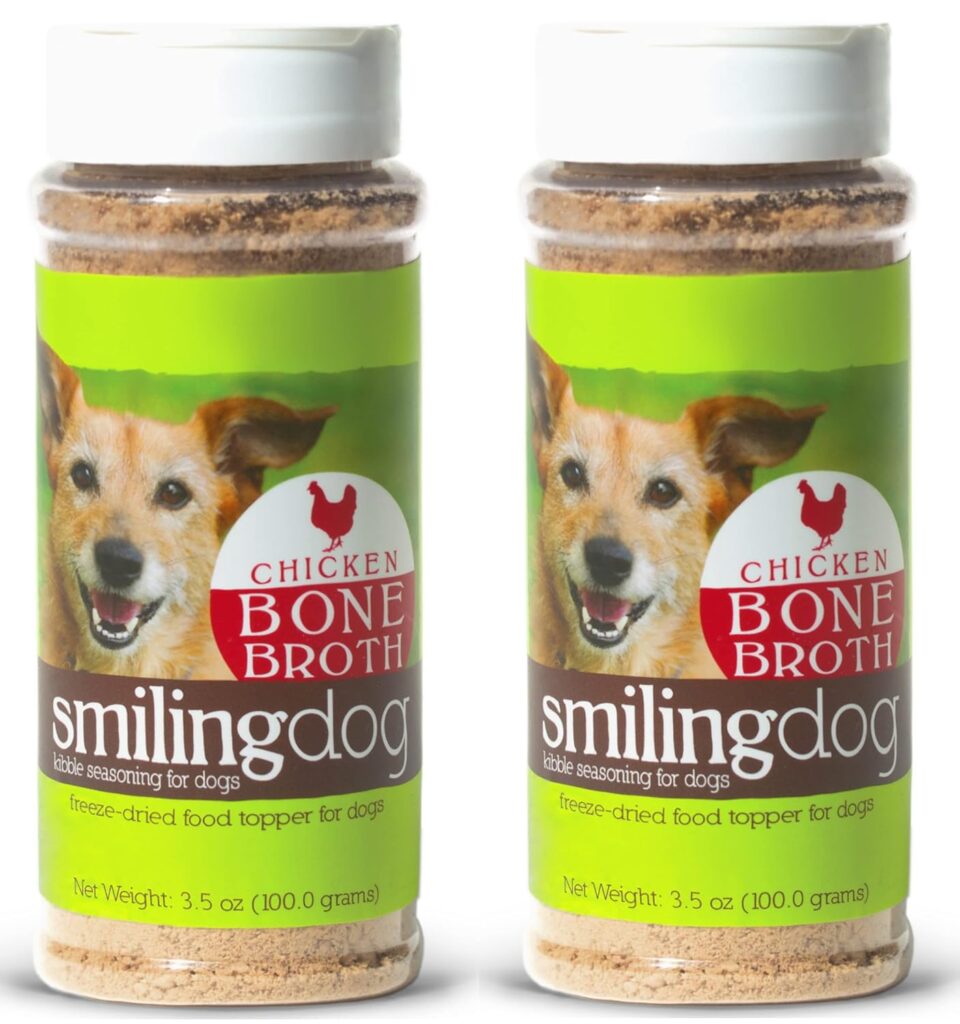
Herbsmith Bone Broth Kibble Seasoning – Freeze Dried Meat + Bone Broth Powder for Dogs
$23.99
($38.38 / lb)
By On Amazon
Look for the Best Dry Puppy Food
Navigating dog food labels can be overwhelming, but understanding a few key indicators will help you make a smart choice.
1. AAFCO Statement
Check the Best Dry Dog Food for Puppies labels for the AAFCO statement to ensure it meets nutritional standards. For puppies, look for phrases confirming it’s formulated for growth or all life stages, including large breeds. This ensures the food is complete and balanced for healthy development.
2. High-Quality Protein Sources
Protein is the cornerstone of a puppy’s diet. Aim for dry foods where a named animal protein (e.g., chicken, lamb, beef, salmon) is the first ingredient. “Meal” forms of these proteins (e.g., chicken meal) are also excellent, as they are concentrated sources of protein with much of the water removed. Avoid generic terms like “meat by-products” or “animal digest” if they are among the primary ingredients, as their source can be less clear.
3. Healthy Fats
Fats are a concentrated source of energy and provide essential fatty acids for skin, coat, and overall health. Look for sources like:
Named Animal Fats:
Chicken fat, beef fat are highly digestible and palatable.
Fish Oil:
A fantastic source of omega-3 fatty acids, particularly DHA and EPA, vital for brain and vision development.
Flaxseed Oil or Canola Oil:
It can also provide beneficial omega fatty acids.
4. Complex Carbohydrates
Carbohydrates provide energy and fiber. Good sources include:
- Whole Grains: Brown rice, oats, barley, quinoa. These offer sustained energy and fiber.
- Vegetables: Sweet potatoes, peas, carrots. These provide complex carbohydrates, fiber, and vitamins.
- Legumes: While often a source of protein, peas and lentils also contribute carbohydrates and fiber. However, some studies have investigated a potential link between legume-heavy diets and a heart condition called Dilated Cardiomyopathy (DCM) in dogs. While more research is needed, it’s something to be aware of and discuss with your vet, especially if your puppy is a breed predisposed to heart conditions.
5. Essential Vitamins and Minerals
A complete and balanced puppy food will naturally contain a spectrum of vitamins and minerals. These are essential for supporting immunity, strong bones, nervous system activity, and general health. Choose foods that contain:
- Vitamin E and other Antioxidants: To support a strong immune system.
- Calcium and Phosphorus: In the appropriate ratios for bone growth.
- Zinc and Omega Fatty Acids: For healthy skin and a shiny coat.
6. Probiotics and Prebiotics (Optional, but beneficial)
Some Best Dry Dog Food for Puppies includes prebiotics (like chicory root) and probiotics (like Lactobacillus acidophilus and Enterococcus faecium). These ingredients can help support a healthy gut microbiome, leading to better digestion and nutrient absorption, which is particularly helpful for sensitive puppy stomachs.
Large Cow Bone, All Natural Ingredients, Natural Dog Treats, Healthy, Easily Digestible
$0.99
$39.2997% off
By On AliExpress
Ingredients to Avoid in Puppy Food
Equally crucial to knowing what to include is understanding what to avoid. Certain ingredients can be detrimental to your puppy’s health, especially during their sensitive developmental stage.
Synthetic Preservatives:
Ingredients like BHA, BHT, and Ethoxyquin are artificial additives associated with potential health risks. It’s better to choose products that use natural preservation methods such as mixed tocopherols (Vitamin E) or ascorbic acid (Vitamin C).
Artificial Colors and Dyes:
These are added purely for human aesthetic appeal and offer no nutritional benefit to your puppy. They’ve been associated with allergic responses and increased hyperactivity in certain dogs.
Excessive Fillers with Little Nutritional Value:
Ingredients like corn syrup, white flour, or unspecified “meat meal” can be cheap fillers that offer little nutritional benefit and can contribute to weight gain or digestive upset.
Rendered Fats from Unspecified Sources:
While named animal fats are good, “rendered fat” without specifying the animal source can be questionable and may contain toxins or harmful microorganisms.
Xylitol:
While more commonly found in human products like certain peanut butter, gum, or candies, always double-check any human food you might share.
Propylene Glycol:
Used as a humectant (to retain moisture), this ingredient has been linked to allergic reactions and organ damage.
Melamine:
This chemical, sometimes used as a filler to falsely boost protein readings, is a plastic and can lead to kidney failure.
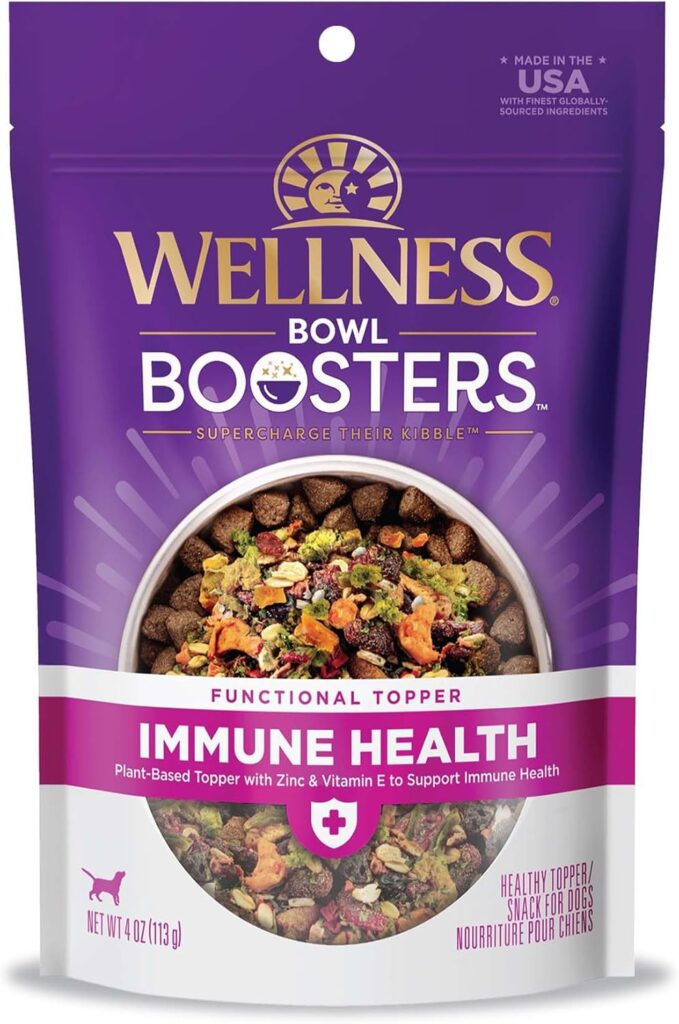
Wellness CORE Bowl Boosters, Functional Meal Topper for Immunity, Plant Based, 4 Ounce Bag
$8.98
($35.92 / lb)
By On Amazon
Top Recommended Dry Puppy Food Brands
While specific product availability may vary, several brands consistently receive high marks from veterinarians and pet nutritionists for their quality puppy formulas. These often appear on “best of” lists and are known for their commitment to research and balanced nutrition:
Purina Pro Plan Puppy:
Often recommended by vets, with various formulas tailored to breed size and specific needs (e.g., sensitive skin and stomach). They offer shredded blends that are highly palatable.
Royal Canin Puppy:
Known for their breed-specific formulas and options for different sizes (small, medium, large breeds), addressing their unique growth rates and nutritional demands. They also have specialized formulas for weaning puppies.
Hill’s Science Diet Puppy:
Another vet-recommended brand with formulas for different Best Dry Dog Food for Puppies sizes and developmental stages, often focusing on digestive health and immunity.
Orijen Puppy:
A higher-protein, often grain-free option, known for its fresh and raw ingredient inclusion.
Merrick Classic Healthy Grains Puppy:
Provides quality protein and wholesome grains, with a focus on natural ingredients.
Nutro Natural Choice Puppy:
Offers formulas designed for specific needs, including large breed puppies.
Important Note: Always speak with your vet before making major changes to your puppy’s diet. They can offer tailored advice based on your pup’s breed, size, energy needs, and health conditions.
How Much to Feed Your Puppy
Figuring out how much to feed your puppy is key to proper development and avoiding over- or underfeeding. Most puppy food labels include a feeding chart based on age and expected adult size. Still, these are only rough estimates, and your puppy may need more or less depending on their unique needs.
Here are some key considerations:
Follow the Bag’s Instructions:
Start with the recommendations on the food bag, dividing the total daily amount into several smaller meals.
Age and Weight:
Younger, smaller puppies often need more frequent meals (3-5 times a day) as their stomachs are small. As they get older (around 4-6 months), you can transition to 2-3 meals a day.
Activity Level:
Very active puppies will naturally require more calories than less active ones.
Body Condition Scoring:
Keep checking your puppy’s body condition often. You should be able to gently feel their ribs without them being overly visible. From above, their waist should be noticeable. If your puppy seems too skinny or overweight, change their food amount as needed.
Consult Your Vet:
Your veterinarian is your best resource for precise feeding amounts. They can assist in determining your puppy’s ideal daily calorie needs by considering their breed, current weight, and expected growth.
General Rule of Thumb (Consult your vet for specifics):
Puppies often need about 5-6% of their estimated adult body weight in food daily. This amount will gradually decrease as they approach maturity.
The Transition to Adult Food
Knowing when to switch your puppy from puppy food to adult dog food is another important decision. The timing depends largely on your puppy’s breed size, as different breeds mature at different rates.
- Small breeds (under 20 lbs as adults) usually transition to adult food between 9 and 12 months.
- Medium breeds (20-50 lbs as adults) are typically ready between 12 and 14 months.
- Large and Giant Breeds (over 50 lbs adult weight): These breeds have a longer growth period and may need puppy food until they are 18-24 months old. This extended puppy food period is crucial for their bone and joint health to support their larger frames.
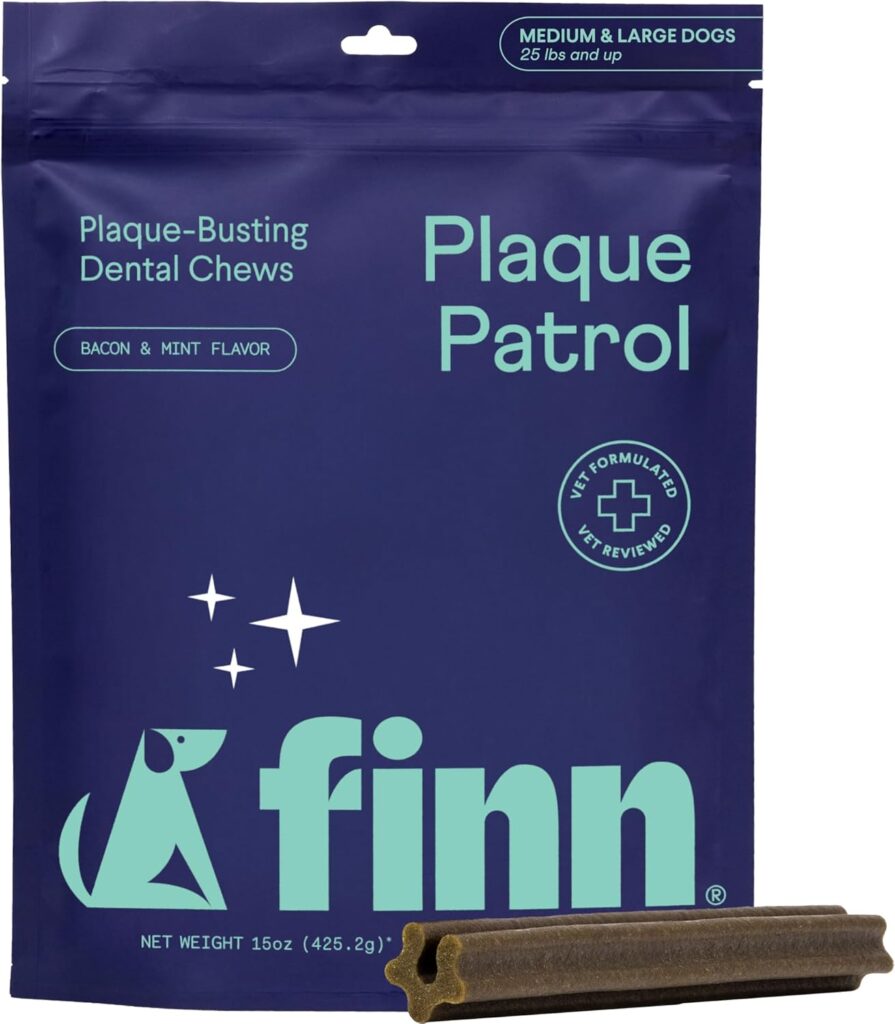
Finn Plaque Patrol Dental Chews | Triple-Action Defense Against Plaque, Tartar, and Bad
$32.00
($3.20 / ounce)
By On Amazon
Gradual Transition is Key:
When it’s time to switch, do so gradually over 7-10 days to avoid upsetting your puppy’s digestive system.
- Day 1-3: Mix 75% puppy food with 25% adult food.
- Day 4-6: Mix 50% puppy food with 50% adult food.
- Day 7-9: Mix 25% puppy food with 75% adult food.
- Day 10: Feed 100% adult food.
Monitor your puppy for any signs of digestive upset (diarrhea, vomiting) during this transition. If you notice any, slow down the process and extend the transition period.
Conclusion:
Choosing the Best Dry Dog Food for Puppies is an investment in their long-term health and well-being. By understanding their unique nutritional needs, deciphering food labels, and consulting with your veterinarian, you can provide a strong foundation for a vibrant and fulfilling life together. Remember, a well-nourished puppy is a happy puppy, ready to explore the world and bring endless joy to your home.
Frequently Asked Questions
1. Is Royal Canin Puppy Food good for all breeds?
Yes, but they also have breed-specific formulas tailored for different breeds’ needs.
2. How long should I feed my puppy this food?
Most puppies can have Royal Canin Puppy Food until they reach around 12 months old before transitioning to adult food.
3. Does this food help with digestion?
Yes, it contains prebiotics and fiber that support a healthy digestive system.
4. How do I transition my puppy to this food?
Gradually mix increasing amounts of Royal Canin with their current food over 7-10 days.
5. What should I do if my puppy doesn’t like it?
Try mixing with a small amount of wet food or consult a vet for alternatives.
